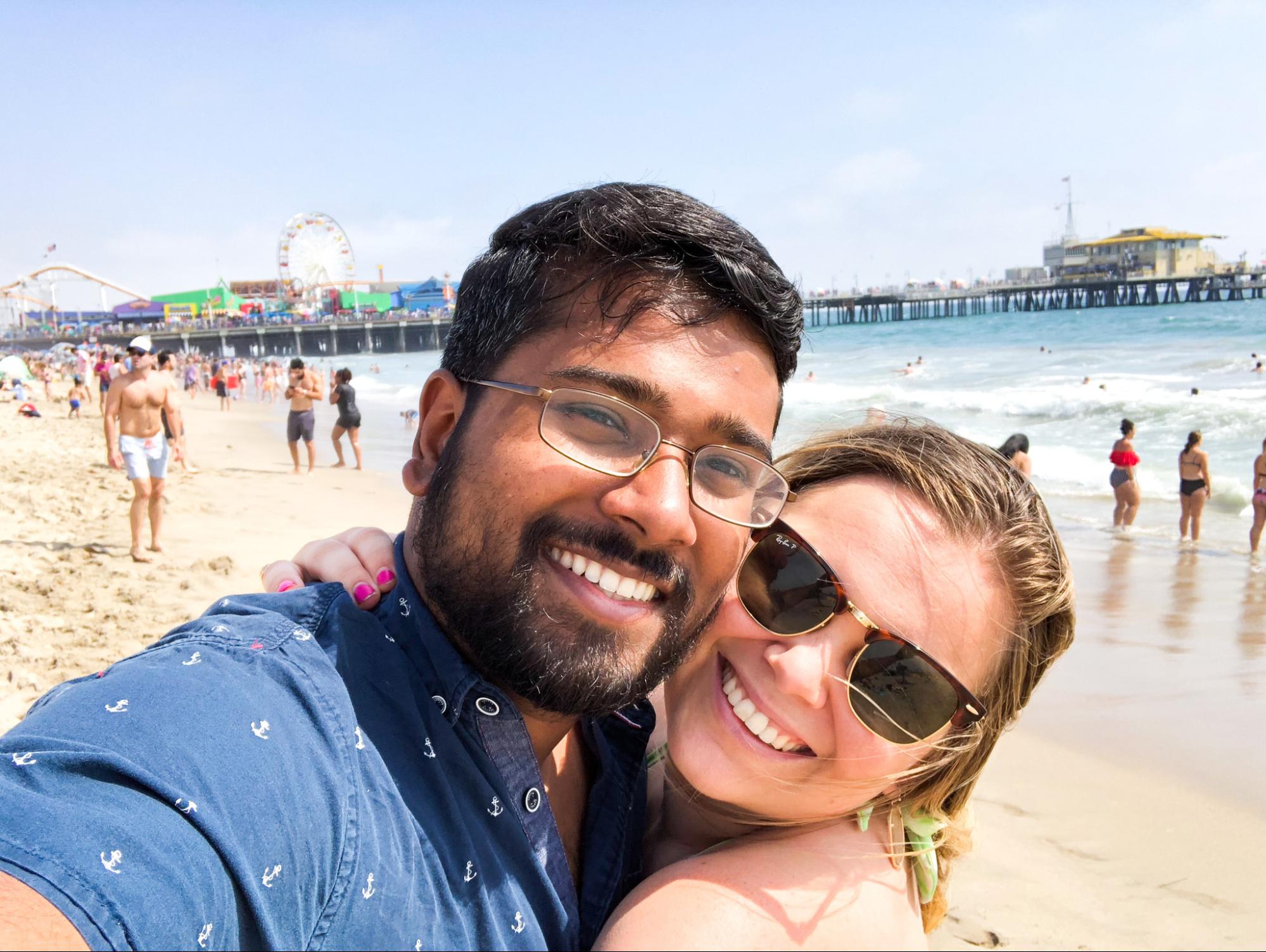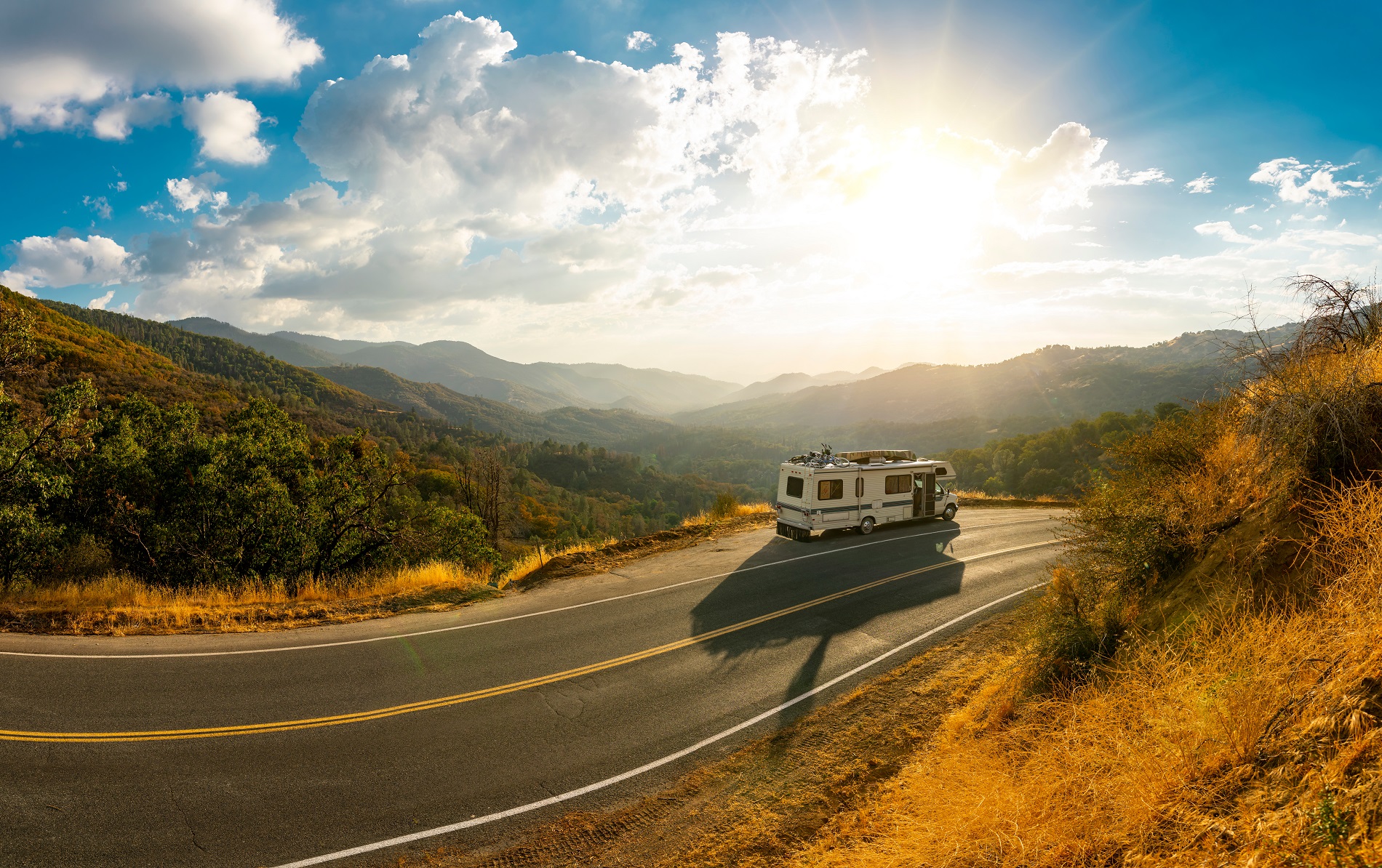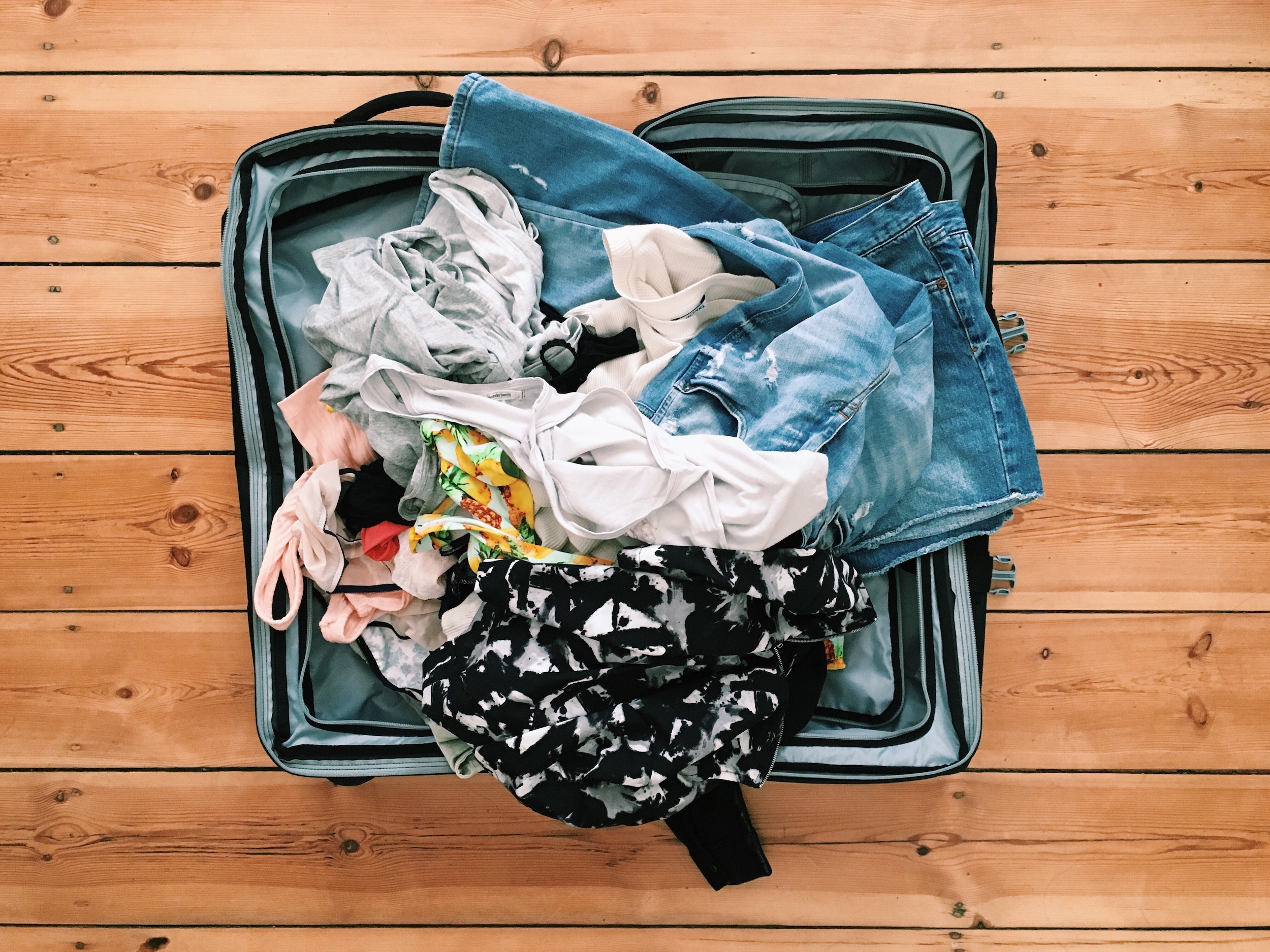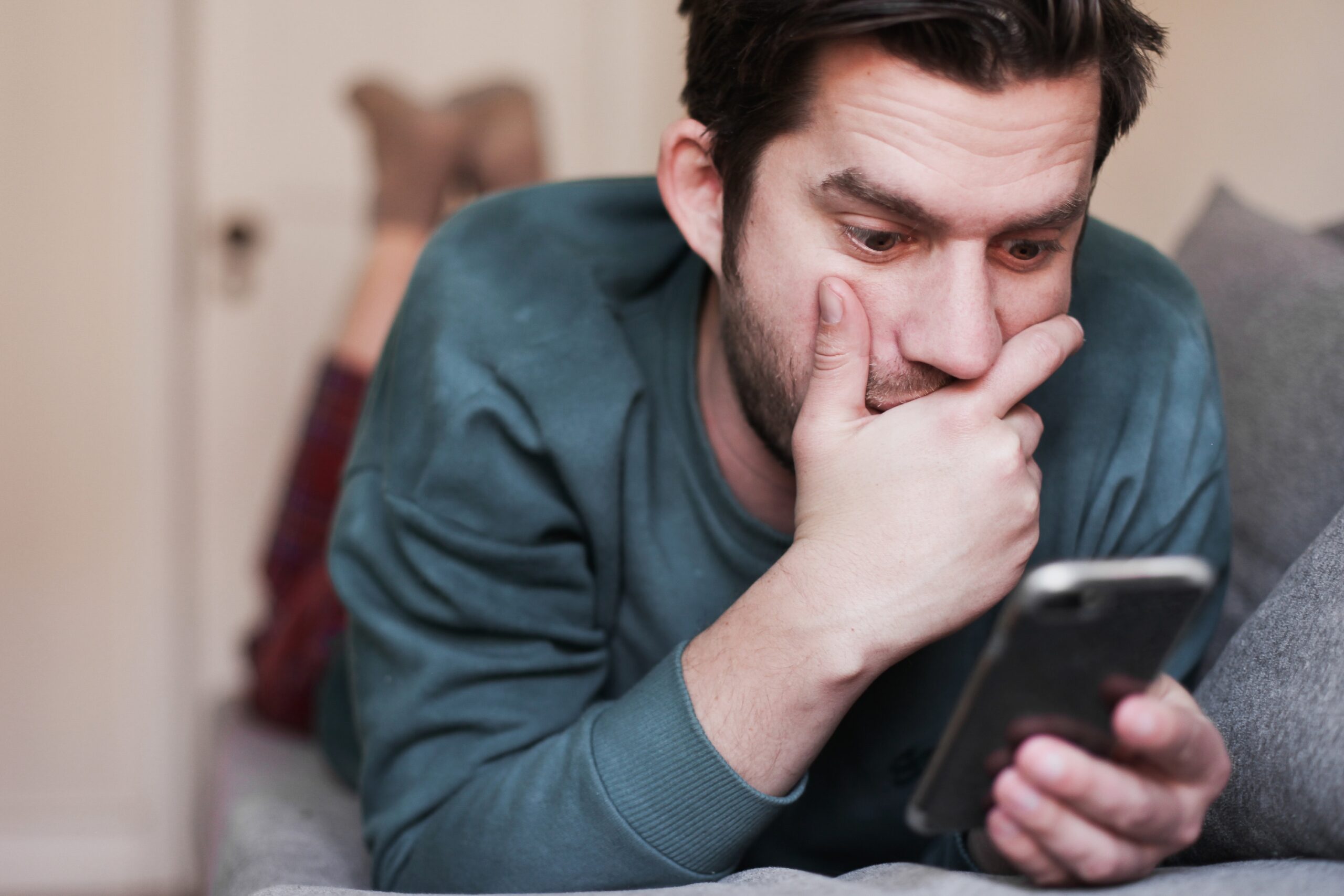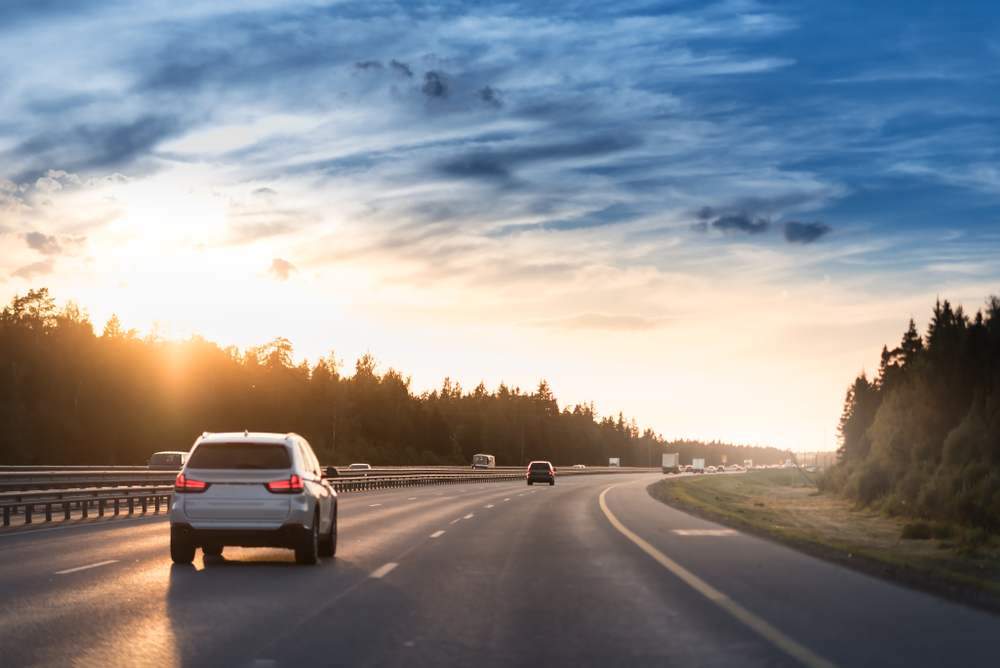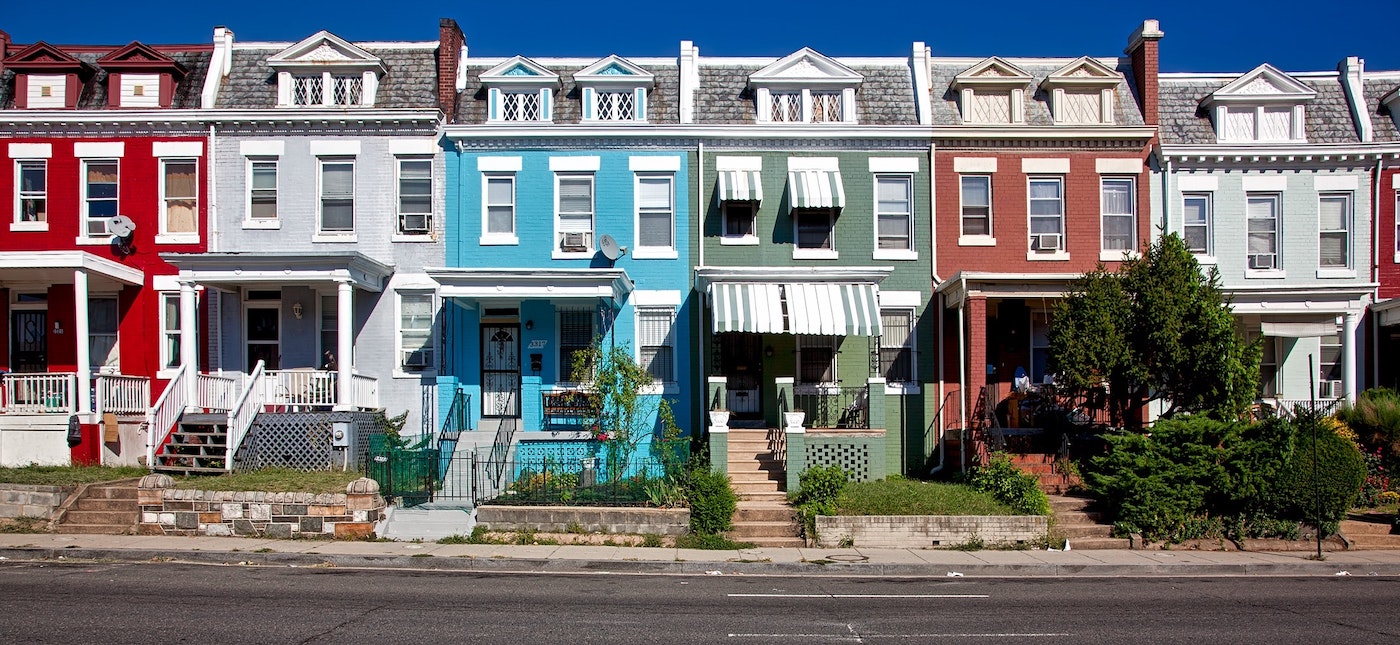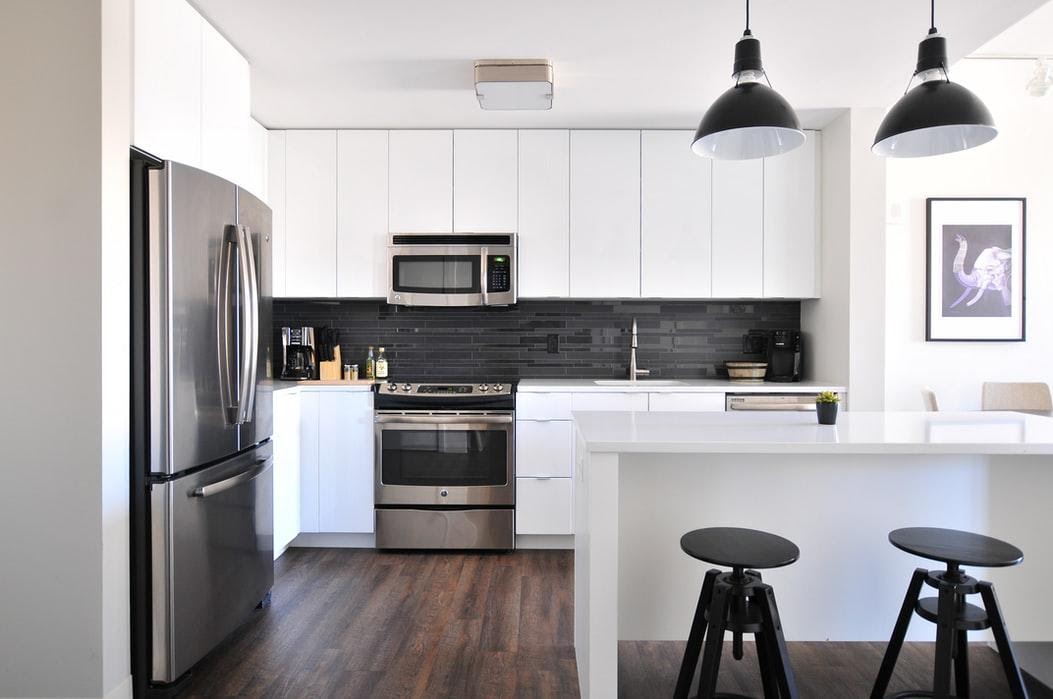
Top Traveling Safety Tips
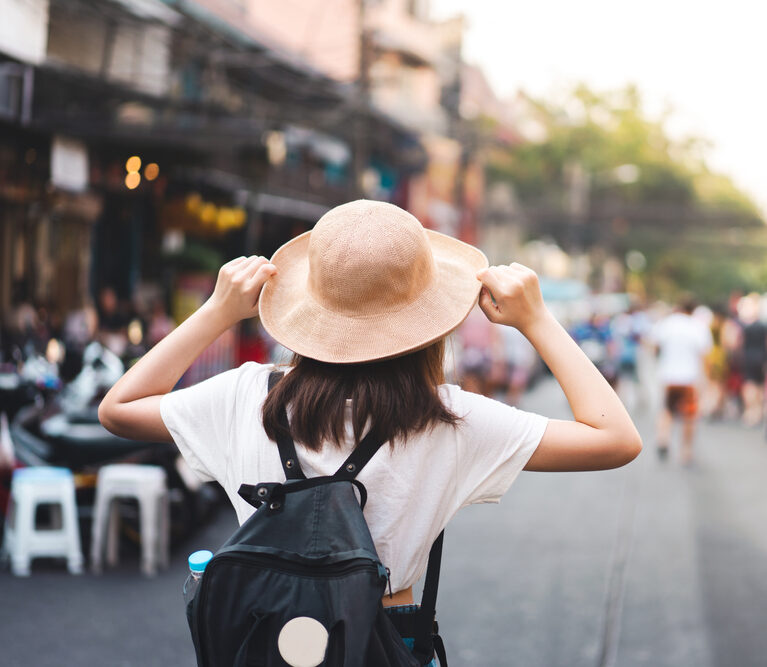
When planning to travel somewhere new, it can be easy to get carried away with the exciting stuff. Researching must-see attractions, the best restaurants, and where to catch the most picture-perfect sunsets is great, but it’s equally important to keep travel safety in mind before you hit the road.
Traveling safely is super important (especially during a global pandemic), and while you can never guarantee something bad won’t happen, there are a few things you can do to make your travels as safe as possible.
From protecting your valuables to avoiding common tourist scams, here are our top travel safety tips:
Keeping your belongings safe
Having your possessions stolen is guaranteed to ruin your trip. From something as small as a $10 taxi scam to all-out identity theft, this type of crime occurs in every destination there is.
Luckily, a bit of common sense and awareness of your surroundings can be all you need to stay safe and stop petty criminals in their tracks, even when you’re a traveler in a new place.
Anti-theft strategies for travel
- Use an anti-theft backpack: Most people don’t realize this, but the average backpack is not that difficult to slash or unfasten. By investing in an anti-theft travel bag, money belt, or cross-body bag, you can make life more difficult for thieves and make yourself a less attractive victim.
- Walk with purpose: If you hold your head high and keep your shoulders back while you’re walking, you will give off an air of confidence that thieves won’t want to mess with. If you need to double-check your map, duck into a restroom or store.
- Travel with two bank cards or credit cards: Traveling with two bank cards is very important. Not only will you have a spare in case one goes missing, but you can keep the majority of your money on one card (that you leave at your accommodation), and a smaller amount of money on the card that you carry around with you. If you do get unlucky, at least most of your money will be safe and sound.
- Don’t use too much cash: Not only is cash super attractive to thieves, but you can dispute any unwanted transactions on your credit cards, as well as cancel the card itself if it does wind up being stolen. Just be sure to always carry some cash with you, just in case of emergencies.
- Dress like a local: You know those cargo pants and flip flops? Yeeeah…they act as a risky neon sign above your head telling everyone you’re a tourist. Dress like the locals do, don’t use a map in public, and always act as if you know exactly where you’re going.
- Don’t use your back pocket: Don’t keep your phone or your wallet in your back pocket. This makes it so easy for pickpockets to steal from you, and having your valuables in your front pockets makes you much less likely to become a target.
- Research common scams: Always do a quick Google search of the common scams in the area you’re traveling to. From the famous “gold ring scam” in Paris to the “grand palace is closed” scam in Thailand, too many people have their travel plans ruined by people who see them as a walking ATM.
COVID-19 travel safety tips
The COVID-19 pandemic means that we must take extra precautions when traveling to protect ourselves and others from falling ill.
COVID-19 tests, hospital-grade face coverings, and vaccinations are required for travel to many places, but there are some additional things you can do to make your trip as safe as possible.
Traveling safely during COVID-19
- Check the numbers: Whether you’re traveling to a different state or foreign country, be sure to check the Travel Advisory for the number of COVID-19 cases and vaccination rates, and avoid visiting high-risk areas. The CDC is a good resource here.
- Ask your accommodation or airline what safety protocols they have in place: If your accommodation provider or airline doesn’t state what safety measures they are taking to prevent the spread of COVID-19, you can always ask before you book. Contactless check-ins, temperature checks, and available hand sanitizer are always great signs.
- Wear a face mask and socially distance when possible: Mask-wearing and avoiding close contact is always advisable, and don’t forget that you can still contract COVID-19 even if you have had the vaccine. Also, be careful of high-touch areas such as door handles and pretty much anything in an airport!
- Self-quarantine if you don’t receive a negative COVID-19 test: Not all countries have a legal requirement to isolate after testing positive for COVID-19, but the CDC recommends that you quarantine if you do test positive. It isn’t ideal, but there are worse places to be stuck than a fancy hotel room!
Staying safe on public transportation
For many people, traveling from point A to point B is the worst part of travel. Cramped conditions and long delays all add to the stress of travel, but you don’t need to make things harder than they need to be.
Here is some guidance for traveling safely on public transport:
Travel safety on public transit
- Charge your devices: Make sure that your phone is fully charged before your journey and pack a power bank as a precaution. It is also wise to download an offline map of your destination so that you will be able to navigate easily, even without Wi-Fi.
- Don’t ditch your luggage: Keep your carry-on luggage with you at all times, and never leave your bag on the bus when at a service station.
- If traveling by airplane, figure out how you will reach your final destination: Before getting off the plane, you should know where your accommodation is and how you’re going to get there. Rental cars are always an option, or you can book an official transfer. These are the best options for staying safe if you don’t mind spending a bit more money.
- Secure your main bag: Use a combination lock to protect your main bag or suitcase while it’s out of sight.
- Try not to travel at night: Not only do you not want to arrive in a new location in the middle of the night, but you are also vulnerable to theft if you fall asleep on an overnight bus/train. Female travelers especially should travel during the day if they can.
- Use taxi apps: Taxi drivers are notorious for overcharging unsuspecting tourists, and by using an app, you eliminate that risk.
- Research the area you’re staying in: Before committing to an apartment or hotel, do some research on the area you’ll be staying in. Safety should be your No. 1 concern (especially in the case of female travel), and you don’t want to wind up in a sketchy area where you don’t feel safe walking down the street alone.
Preparing for emergencies
While no one wants to have to deal with an emergency situation while they travel, things can happen. However, the right level of preparation on your end can be the difference between a trip-ruining event and a moderate inconvenience. To plan ahead for travel emergencies, check out these tips:
- Don’t lose your documents: Make paper copies and digital copies of your passport, health insurance, and other important documents. Take photographs and keep them in a secure folder on your cloud storage, and make a paper copy on hand in case you lose the original.
- Invest in the right travel insurance: Having the right travel insurance is so important, and if you’re a traveler with an expensive laptop or camera, you’ll want to make sure your gear is covered as well. Travel insurance will also cover trip delays, necessary cancellations, lost luggage, medical treatment, and more. Great choices for travel insurance include SafetyWing and World Nomads.
- Carry a basic first-aid kit: All you need is some antiseptic, Band-Aids and bandages, painkillers, and some scissors and tape and you will have the first-aid necessities for any minor accident.
- Take note of emergency numbers: Write down the address and telephone number of the U.S. Embassy (or whichever your embassy is!), and the local emergency services numbers.
- Share your itinerary: It’s always a good idea to let a close friend or family member know where you’re going to be. Tell them which days you plan to travel and send them a message when you arrive at your accommodation.
- Learn a few words of the local language: Especially if you’re a solo traveler, it’s a good idea to learn some of the local language before your trip so you can communicate with bus drivers, hospital staff, or police officers, if necessary.
Top traveling safety tips: Final thoughts
These travel tips may have left you feeling overwhelmed and nervous about traveling, but you need to remember that the world really is not as dangerous as we think!
For the most part, being aware of your surroundings and not letting your guard down is all you need to stay safe, and as long as you have travel insurance and remain sensible in the pandemic, you should be absolutely fine!
The world is a truly wonderful place, and safe travel is not as difficult as it may seem at first.
If you want to travel freely in the U.S. but don’t fancy hopping between hotel rooms or bunking up in a hostel, be sure to check out Landing’s fully furnished apartments that are perfect for digital nomads and travelers who want to see the world without losing that feeling of being at home.
Safe travels!

